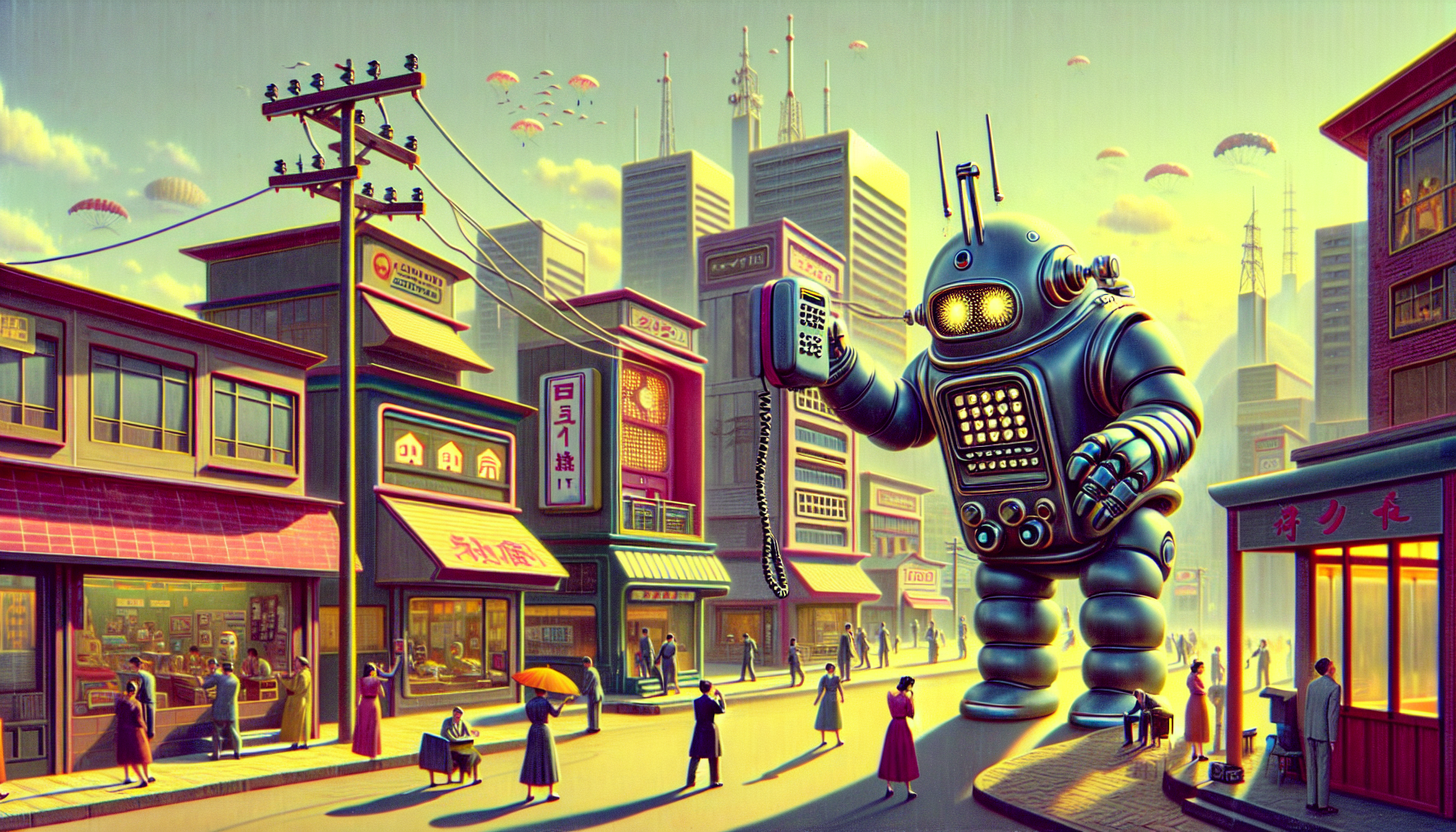Agentic AI Transformations: Deloitte, Salesforce, and the Future of Work with “Manus” and Musk's Government Initiative
March 11, 2025

As AI agents multiply, IT becomes the new HR department
(Link)A panel hosted by Deloitte at the Mobile World Congress highlighted the transformative role of agentic AI in enterprises, likening its impact to the shift introduced by microservices architecture. With the ability to ideate and execute independently, agentic AI is redefining workflow management by integrating specialized services, akin to a virtual workforce managed by IT rather than traditional HR. Panelists, including experts from HPE, Nvidia, and Deloitte, discussed how agentic AI facilitates quicker deployment and optimization of enterprise systems. Challenges in data management, trustworthiness, and organizational adaptation remain as enterprises grapple with the integration of emotionless AI agents into human-centric environments. Despite these hurdles, Goodarzi from Deloitte believes that this year marks a pivotal moment for the widespread adoption of agentic AI.
AI Agents In Governance: Redefining Leadership For A Digital Era
(Link)Corporate boards are evolving to address complex challenges by integrating AI into their governance frameworks, enhancing decision-making and risk management processes. Greg Ombach, a leader at Airbus, emphasizes the need for a modern governance approach that balances agility and long-term strategy, particularly as AI disrupts traditional models. AI tools, like those used by Deep Knowledge Ventures and Tieto, enable boards to process vast data, identify opportunities, and anticipate challenges more effectively than traditional methods. To harness AI’s potential, boards should establish AI oversight committees, ensure ethical use, and foster AI literacy. AI in governance is not about replacing human directors but augmenting their capabilities to drive innovation, accountability, and sustainable success.
Chinese AI 'Manus' went viral like DeepSeek, but can it compete with ChatGPT's AI agents?
(Link)DeepSeek, a Chinese AI firm, recently shocked the tech world by introducing an AI reasoning chatbot comparable to ChatGPT but developed at a lower cost, leading to market volatility. While hardware remains essential in advancing AI, software optimizations are equally significant, though claims suggest DeepSeek may have leveraged ChatGPT outputs to accelerate training. Despite limitations with accessing the latest chips from US firms like Nvidia, Chinese companies continue to innovate, exemplified by The Butterfly Effect's AI agent, Manus. Although Manus gained viral popularity and boasts advanced capabilities like coding and web browsing, it faltered in practical applications, demonstrating limitations in its current beta phase. Unlike its contemporaries Operator and Deep Research from OpenAI, Manus has yet to prove its potential, with reviewers highlighting its shortcomings in tasks like booking flights and restaurant reservations. As development continues, and given its compliance with local Chinese regulations, caution is advised for those engaging with this emerging technology.
Musk Replacing Workers with AI: Should You Be Worried?
(Link)Elon Musk's initiative to integrate AI into U.S. government operations through the newly established Department of Government Efficiency (DOGE) aims to streamline processes and significantly reduce payroll expenses by replacing up to 500,000 federal employees with AI systems. This bold move, initiated since President Donald Trump's 2025 inauguration, targets areas like the IRS and Veterans Affairs. It mirrors similar efforts in the private sector, such as Best Buy's AI transformations for customer service, and the UK's National Health Service's administrative applications. While AI promises efficiency and cost-savings benefits, potential risks include economic repercussions from mass job displacement, concerns over algorithmic biases, data privacy, and challenges in maintaining public trust. As AI reshapes government and pressures the private sector, stakeholders are urged to responsibly balance innovation with job protections and transparent communication to ensure AI serves as an augmentative tool rather than a complete replacement.
The integration challenge facing 95% of IT leaders with AI agents - and how to overcome it
(Link)Generative AI is revolutionizing business operations, paving the way for digital labor through agentic AI, which promises unprecedented autonomy and efficiency. Linda Saunders from Salesforce emphasizes moving beyond Large Language Models to focus on integrated platforms that leverage existing digital infrastructure. According to a MuleSoft report, IT leaders are keen on implementing AI agents, but face challenges due to data silos and integration issues, with only 29% of applications connected on average. Simplified integration through APIs can unlock AI potential, boosting productivity and revenue, but requires a robust automation strategy to ensure seamless operation. By 2028, Gartner predicts a significant rise in software applications utilizing agentic AI, highlighting the importance of cohesive integration strategies for future-proofing enterprise operations.
